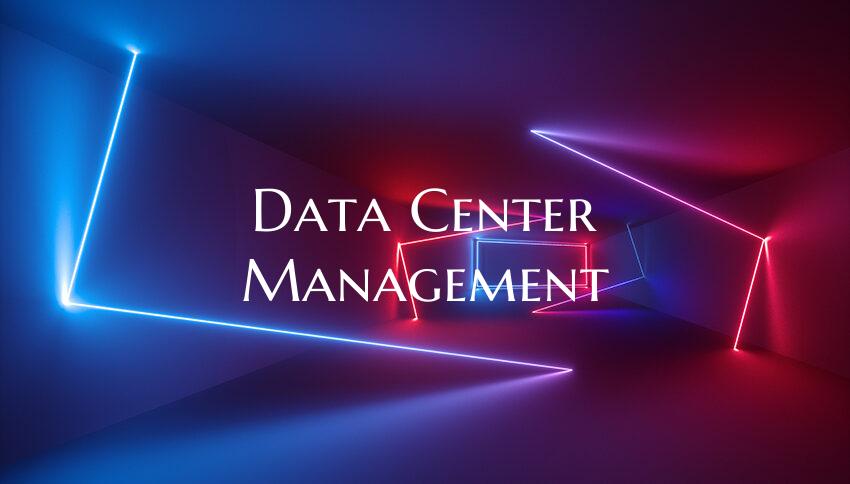Data Center Management
Data centers are the backbone of modern enterprises, providing the infrastructure necessary for computing, storage, and networking operations. Effective data center management is crucial for ensuring optimal performance, security, and scalability. By implementing best practices, organizations can maximize the efficiency and reliability of their data center operations. Here are some key strategies for efficient data center management:
1. Infrastructure Optimization: Regularly assess and optimize the physical infrastructure of the data center, including power and cooling systems, server racks, and cabling. Implement energy-efficient practices to reduce operational costs and environmental impact.
2. Capacity Planning: Conduct thorough capacity planning to anticipate future growth and ensure that resources are provisioned appropriately. Monitor resource utilization trends to identify potential bottlenecks and plan upgrades or expansions accordingly.
3. Automation and Orchestration: Utilize automation tools and orchestration frameworks to streamline routine tasks, such as provisioning, monitoring, and troubleshooting. Automation can improve efficiency, consistency, and accuracy in data center management operations.
4. Security Management: Implement robust security measures to protect data and infrastructure from cyber threats. This includes access controls, encryption, intrusion detection systems, and regular security audits. Stay updated on the latest security threats and technologies to safeguard the data center effectively.
5. Monitoring and Performance Management: Utilize monitoring tools to track the performance of servers, networks, and applications within the data center. Establish key performance indicators (KPIs) to measure uptime, latency, and other important metrics. Proactively address performance issues to prevent downtime and ensure optimal service delivery.
6. Disaster Recovery Planning: Develop a comprehensive disaster recovery plan to mitigate the impact of unexpected events, such as natural disasters, hardware failures, or cyber attacks. Regularly test and update the disaster recovery plan to maintain readiness and minimize downtime in case of emergencies.
7. Compliance and Regulations: Stay compliant with relevant regulations, such as data protection laws (e.g., GDPR, HIPAA) and industry standards (e.g., ISO 27001). Implement policies and procedures to adhere to compliance requirements and protect sensitive data stored in the data center.
By following these best practices for efficient data center management, organizations can enhance operational efficiency, reliability, and security. Continuous improvement and adaptation to new technologies and trends are essential to ensure that the data center remains a strategic asset that supports the organization's business goals.

